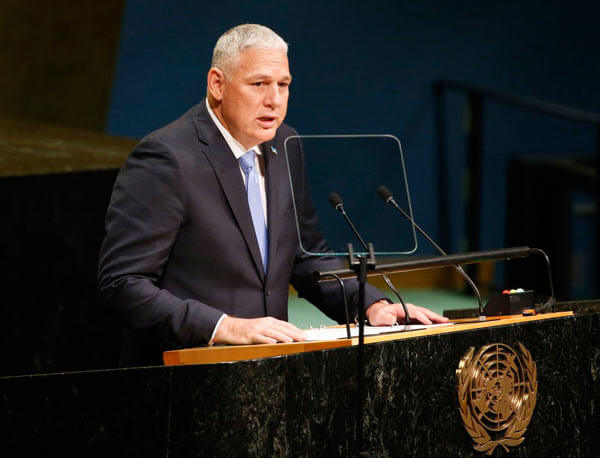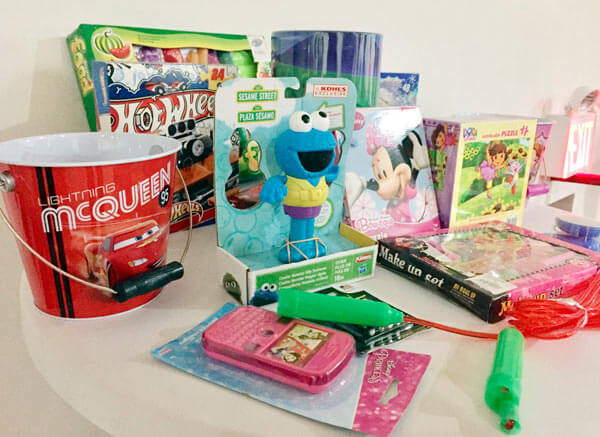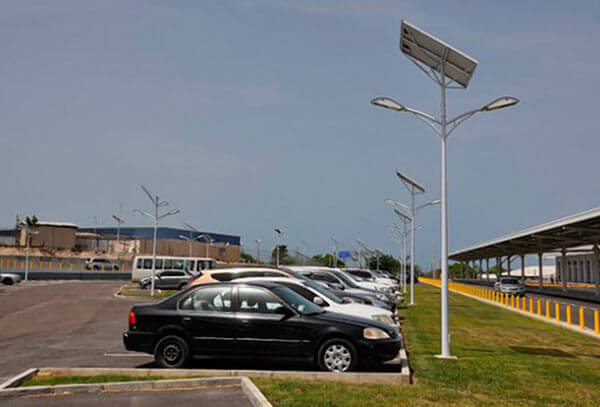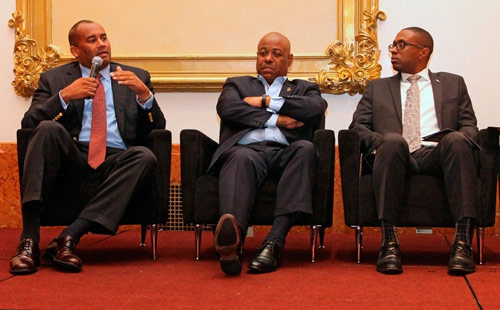At almost every summit of Caribbean Community leaders, the issue of crime and security is placed on the agenda as is the case at this week’s main annual conference underway in Grenada. The opening ceremony was held Tuesday evening, July 4.
Also likely to engage the attention of leaders would be the situation in nearby Venezuela which has been embroiled in months of protests owing to the virtual collapse of the economy and the tough living and survival conditions which have come with it.
It is unclear when exactly leaders will discuss crime and security but St. Lucian Prime Minister Allen Chastanet has already put the issue in perspective, saying that governments ought to be worried about arms smuggling from nearby Venezuela into the region as an example.
He did not identify any country as a recipient of smuggled arms and ammunition but he was quick to point out that “we have seen an increase in the movement of arms. We have seen an increase in money laundering and just basic criminal activity,” Chastanet said. “I think we have to take an interest in what’s happening. From a security perspective we are very concerned about the deterioration of things in Venezuela because it has impacted us from a security perspective,” he said.
Chastanet’s remarks at the summit, came a day after authorities in Trinidad complained bitterly about a near $20M illegal gun trade operation mostly through the smuggling of hand and long guns through jet skis for the tourism sector and by way of containers which are not flagged or searched by customs and security officials.
The information was passed onto legislators at a joint select committee of parliament this week and even the police appeared to have been surprised by the announcement that guns are smuggled through containers and jet skis entering Trinidad.
Customs Chief Glenn Singh told the committee that the perception that the lower classes are the ones smuggling guns into the twin island with Tobago is not correct.
“It is not the small people who bring in weapons. It is the rich people you should be having your eyes on,” he said, noting up to 40 percent of the containers which enter the country do so without inspections. These are not brought in by the poorer classes.
The announcement has startled the police administration. Senior Superintendent Leroy Brebnor said that importers will do dry runs and once they determine that the containers will get safe passage into the country would load them up with illegal items the next time.
“What concerns me most, and it should concern the whole of Trinidad and Tobago, is that 40 percent. That is my biggest problem right now because if I am importing and I can get through, once or twice, unchecked, I’m expecting to get through the third time, fully loaded,” the Express Newspaper quoted him as saying.
The island has recorded a staggering 255 murders so far this year compared to more than 450 for all of last year, translating to around 1.5 per day, easily the highest in the region.
Singh recalled a situation a few years back when a contained with 100 high powered rifles was seized by authorities. With no searches, importers get “free clearance. They are free to dispose of the contents as they see fit”.
Committee Chairman and cabinet Minister Fitz Hinds suggested that the no search situation is “very risky in today’s Trinidad and Tobago.”
“I listened to that and that confirms and compounds the situation we are in at this present state because if 40 percent of your containers can go unsearched, then you can imagine what really goes on, the numbers that we are finding on a daily basis and then numbers that the strategic services have put up could triple,” police officer Brebnor lamented.



























